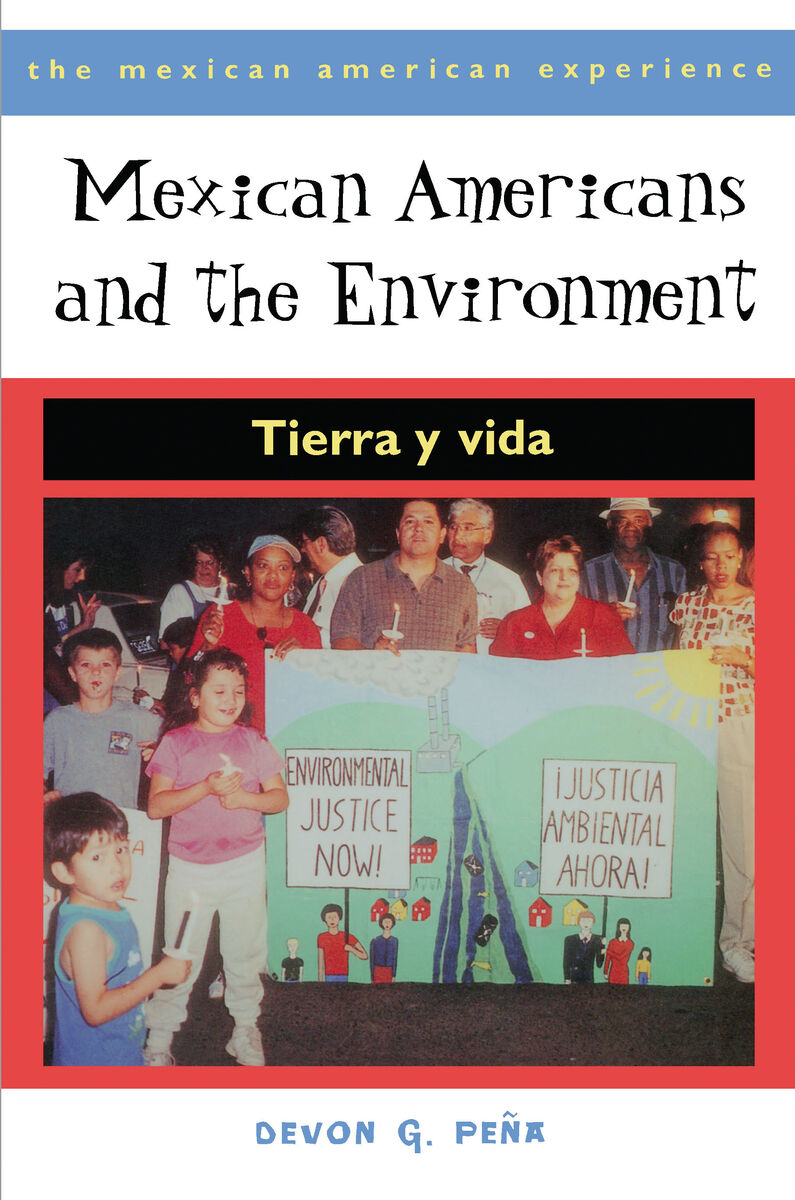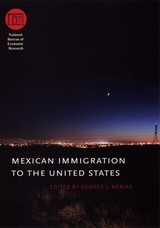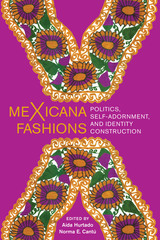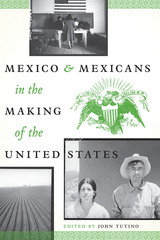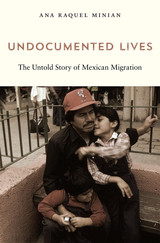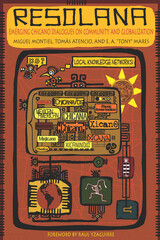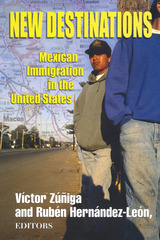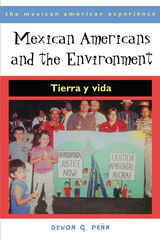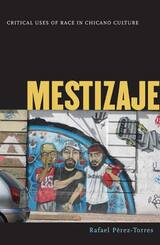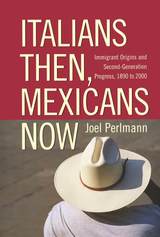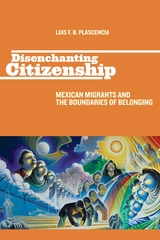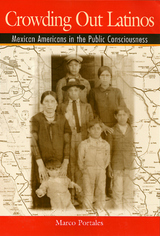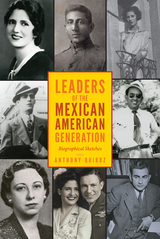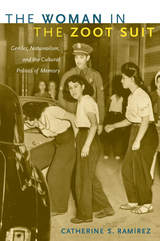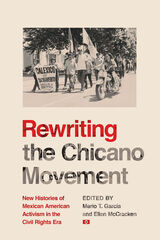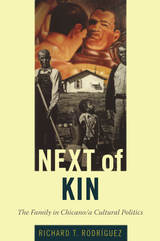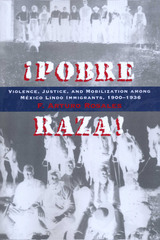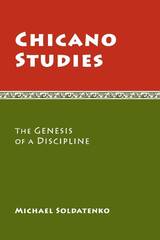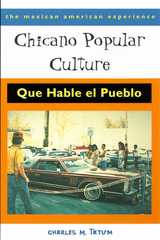Mexican Americans and the Environment: Tierra y Vida
University of Arizona Press, 2005
eISBN: 978-0-8165-5082-1 | Paper: 978-0-8165-2211-8
Library of Congress Classification E184.M5P395 2005
Dewey Decimal Classification 304.20896872073
eISBN: 978-0-8165-5082-1 | Paper: 978-0-8165-2211-8
Library of Congress Classification E184.M5P395 2005
Dewey Decimal Classification 304.20896872073
ABOUT THIS BOOK | AUTHOR BIOGRAPHY | REVIEWS | TOC
ABOUT THIS BOOK
Mexican Americans have traditionally had a strong land ethic, believing that humans must respect la tierra because it is the source of la vida. As modern market forces exploit the earth, communities struggle to control their own ecological futures, and several studies have recorded that Mexican Americans are more impacted by environmental injustices than are other national-origin groups. In our countryside, agricultural workers are poisoned by pesticides, while farmers have lost ancestral lands to expropriation. And in our polluted inner cities, toxic wastes sicken children in their very playgrounds and homes. This book addresses the struggle for environmental justice, grassroots democracy, and a sustainable society from a variety of Mexican American perspectives. It draws on the ideas and experiences of people from all walks of life—activists, farmworkers, union organizers, land managers, educators, and many others—who provide a clear overview of the most critical ecological issues facing Mexican-origin people today. The text is organized to first provide a general introduction to ecology, from both scientific and political perspectives. It then presents an environmental history for Mexican-origin people on both sides of the border, showing that the ecologically sustainable Norteño land use practices were eroded by the conquest of El Norte by the United States. It finally offers a critique of the principal schools of American environmentalism and introduces the organizations and struggles of Mexican Americans in contemporary ecological politics. Devon Peña contrasts tenets of radical environmentalism with the ecological beliefs and grassroots struggles of Mexican-origin people, then shows how contemporary environmental justice struggles in Mexican American communities have challenged dominant concepts of environmentalism. Mexican Americans and the Environment is a didactically sound text that introduces students to the conceptual vocabularies of ecology, culture, history, and politics as it tells how competing ideas about nature have helped shape land use and environmental policies. By demonstrating that any consideration of environmental ethics is incomplete without taking into account the experiences of Mexican Americans, it clearly shows students that ecology is more than nature study but embraces social issues of critical importance to their own lives.
See other books on: Environment | Environmental policy | Mexican Americans | Peña, Devon G. | Political ecology
See other titles from University of Arizona Press
